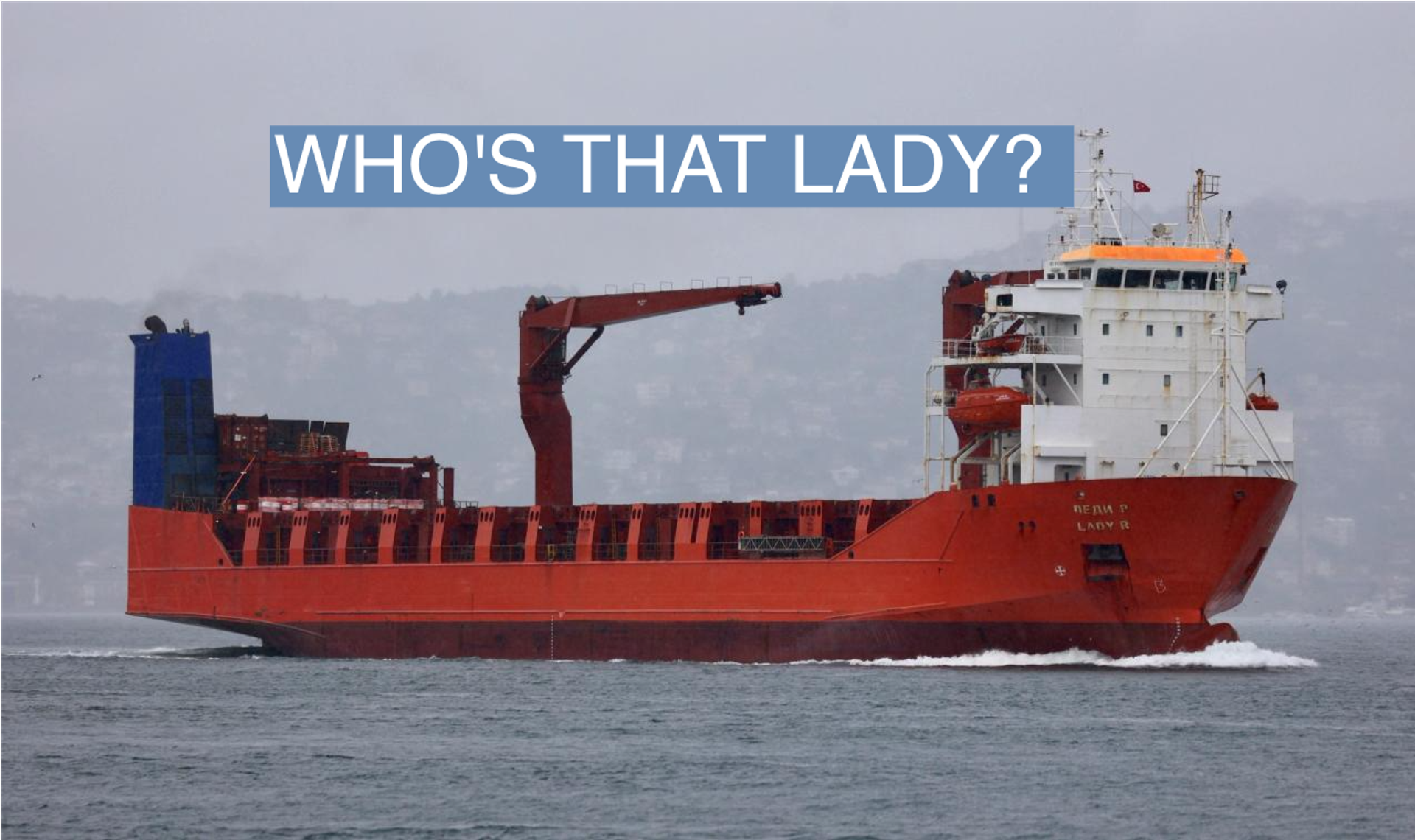The Scoop
JOHANNESBURG — South African authorities are examining evidence that suggests a consignment of arms was illegally loaded on a Russian vessel docked at a South African naval base in December by a private company, three people familiar with an internal probe by Cyril Ramaphosa’s government told Semafor Africa.
Ramaphosa ordered the investigation after the United States ambassador to South Africa, Reuben Brigety, accused Pretoria of trading arms with Russia. South Africa’s government initially criticized the ambassador for making the allegation publicly instead of using established diplomatic channels. It has since tried to contain the fallout from the diplomatic spat which has roiled financial markets and pushed the rand to lows against the dollar.
But two senior civil servants and a business leader told Semafor Africa an ongoing internal government investigation threw up leads suggesting a private company carried out an illegal arms trade. They are examining evidence that the vessel, Lady R, docked at a naval base near Cape Town and off-loaded arms believed to be from Russia, before collecting a cache of “small arms”. The vessel off-loaded more arms than it picked up, the people said.
In a separate development, unconnected to the government probe, Ramaphosa on May 11 said a retired judge would be appointed to run an official inquiry into the allegations made by Brigety. However, he is yet to name anyone.
Sam’s view
South Africa has to walk a tightrope by maintaining healthy relationships with the U.S. while looking to bolster trade and political relations with countries in the BRICS group that includes Brazil, Russia and India and China.
The allegations of arms trade involving Russia could disrupt Pretoria’s balancing act by severely damaging relations with the U.S., an important trade partner.
The South African government will likely seek to present itself as a victim of unscrupulous arms manufacturers and rogue army officials involved in the facilitation of the trade, if the full details come to light. Pretoria may also rely on Washington providing irrefutable evidence of the trade. It is not clear if the US will go the whole way and provide evidence, after its ambassador to South Africa Reuben Brigety received a diplomatic reprimand for the way he made the allegations public.
The two countries appear keen to de-escalate the situation and work through diplomatic channels. In that case, the real facts around what transpired may be the real casualty.
Room for Disagreement
Rather than focusing on the precise details of what happened at the naval base, Peter Attard Montalto, managing director at South African research firm Intellidex, said the key takeaway was the impact Brigety’s allegations had on markets. “Investors and markets previously never had to care about South Africa’s foreign policy,” he said, noting that the rand fell to a record low following the diplomatic spat.
The View From London
Concerns are growing that South Africa could lose out on duty-free trade to the US market through the African Growth and Opportunity Act (AGOA) which helps sub-Saharan African markets export to the US states about 7,000 products, said risk analyst Ronak Gopaldas, director at Africa-focused consultancy Signal Risk in London.
“While the threat is credible, much will depend on how South Africa navigates the current dispute and other aspects of its relations with Russia,” said Gopaldas. “Despite its saber rattling, Washington will likely adopt a wait-and-see approach before taking drastic action — using AGOA for leverage.”
Notable
- Lady R’s stop at the naval base near Cape Town came halfway through an “an epic circumnavigation of Africa” that came to an end in February, according to the Financial Times. The paper used tracking data to reconstruct the vessel’s journey which it says began at the Black Sea port of Novorossiysk last October.
— additional reporting by Alexis Akwagyiram
